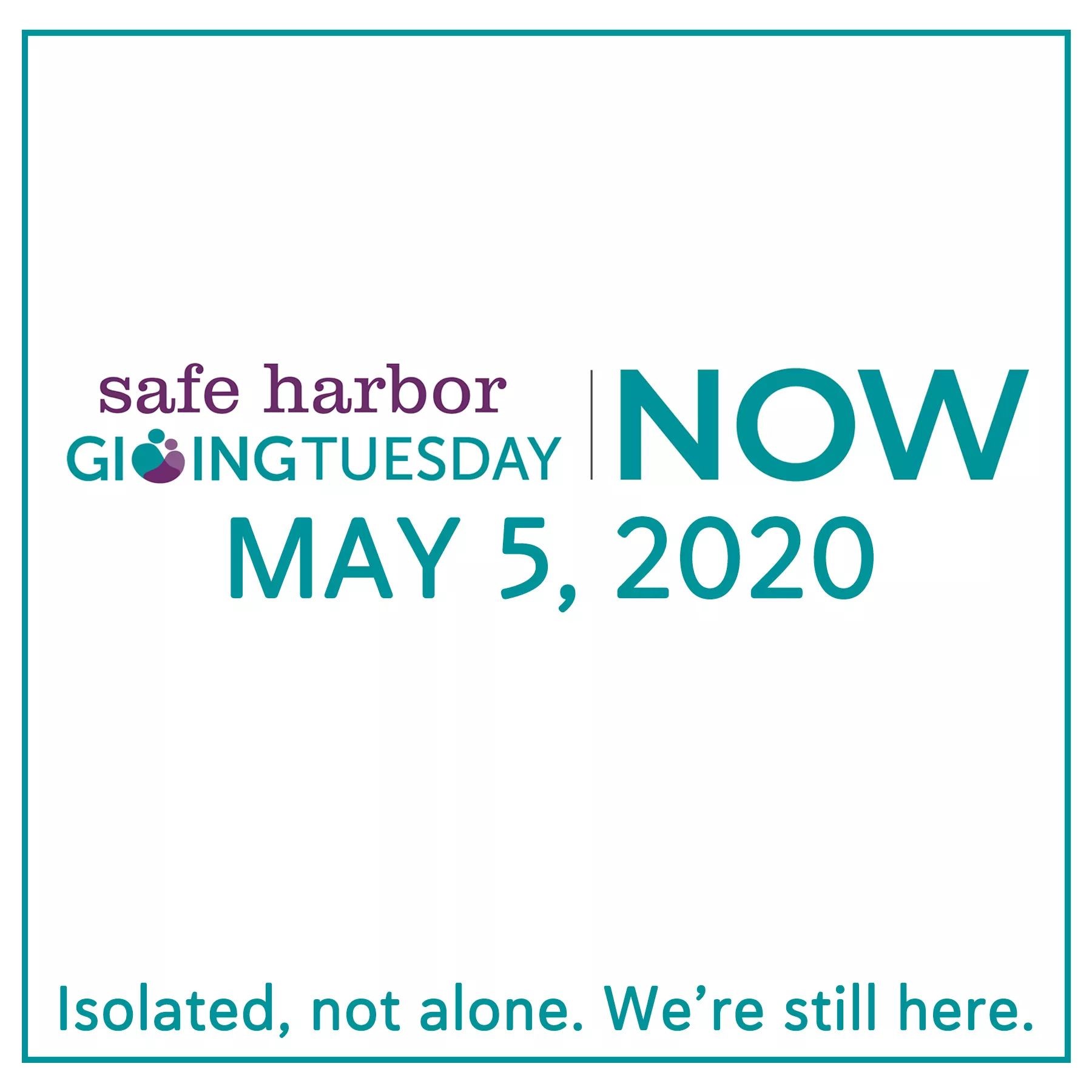
by Mary Maupai | Oct 14, 2021 | Community Support, How To Help..., International, Local & Regional, State & National
Safe Harbor is passionate about rebuilding the lives of survivors of domestic violence. So, this October, Domestic Violence Awareness Month, we want to alert you to how the Covid-19 global pandemic has exacerbated domestic violence here in Richmond, across the...

by Mary Maupai | Jul 1, 2020 | Gratitude Report, How To Help..., International, Local & Regional, State & National
“We see a shadow pandemic growing of domestic violence.”- Phumzile Mlambo-Ngcuka, Executive Director of United Nations Women Mlambo-Ngcuka is highlighting a crisis borne of the global lockdown due to COVID-19. She notes that while isolation is a “protective measure,”...

by Mary Maupai | Apr 29, 2020 | Community Awareness, Community Support, Domestic Violence, How To Help..., Human Trafficking, Local & Regional
The COVID-19 pandemic has imposed costs on all of society. As is often the case, the cost is even higher on the vulnerable. For people living in homes with domestic violence, isolation may not only increase their danger but make it harder for them to reach...
by Mary Maupai | May 15, 2019 | How To Help...
Abuse later in life can be difficult to spot because the signs of abuse can, unfortunately, sometimes be written off as symptoms of aging and dementia; symptoms like: bruising from bumping into things, increased worry, lack of coordination, or a startle response. The...
by Mary Maupai | May 6, 2019 | Domestic Violence, How To Help...
Abuse can happen at any age and just like other kinds of abuse, domestic violence later in life can take many different forms. Physical: inflicting pain or injury by slapping, hitting, bruising, restraining, etc. Physical abuse can also be inflicted through medication...

by Mary Maupai | Oct 5, 2018 | Domestic Violence, How To Help...
Are you concerned that someone you care about is experiencing abuse? The first step is to know the warning signs, which can include: Their partner puts them down in front of other people They are constantly worried about making their partner angry They make excuses...





